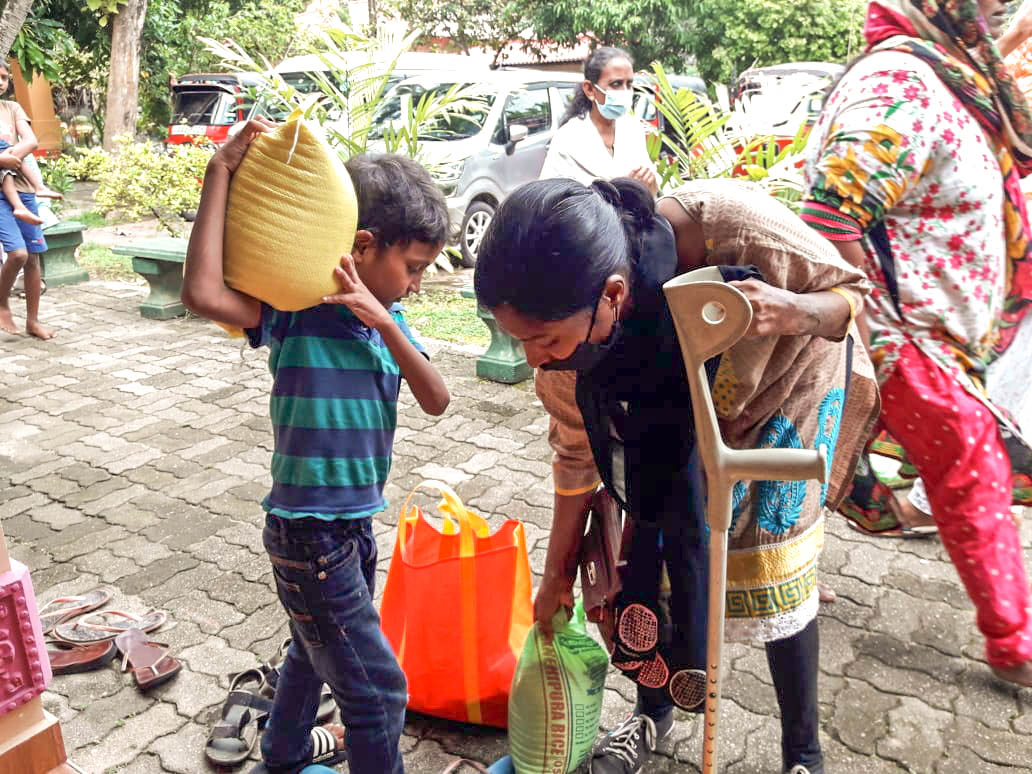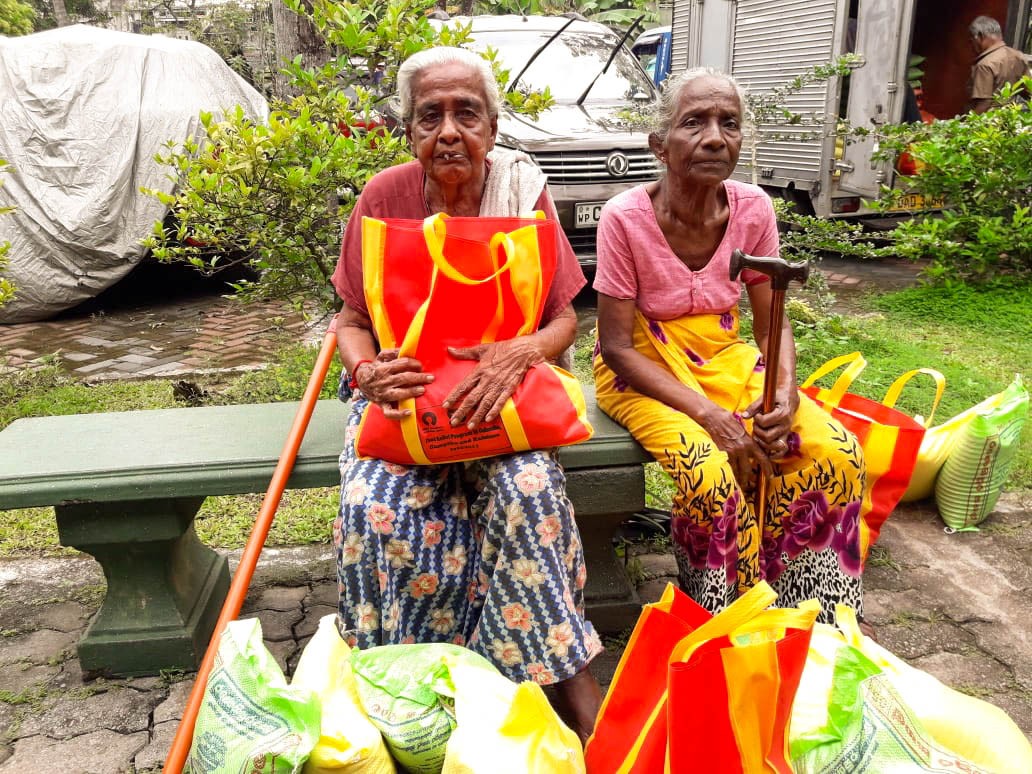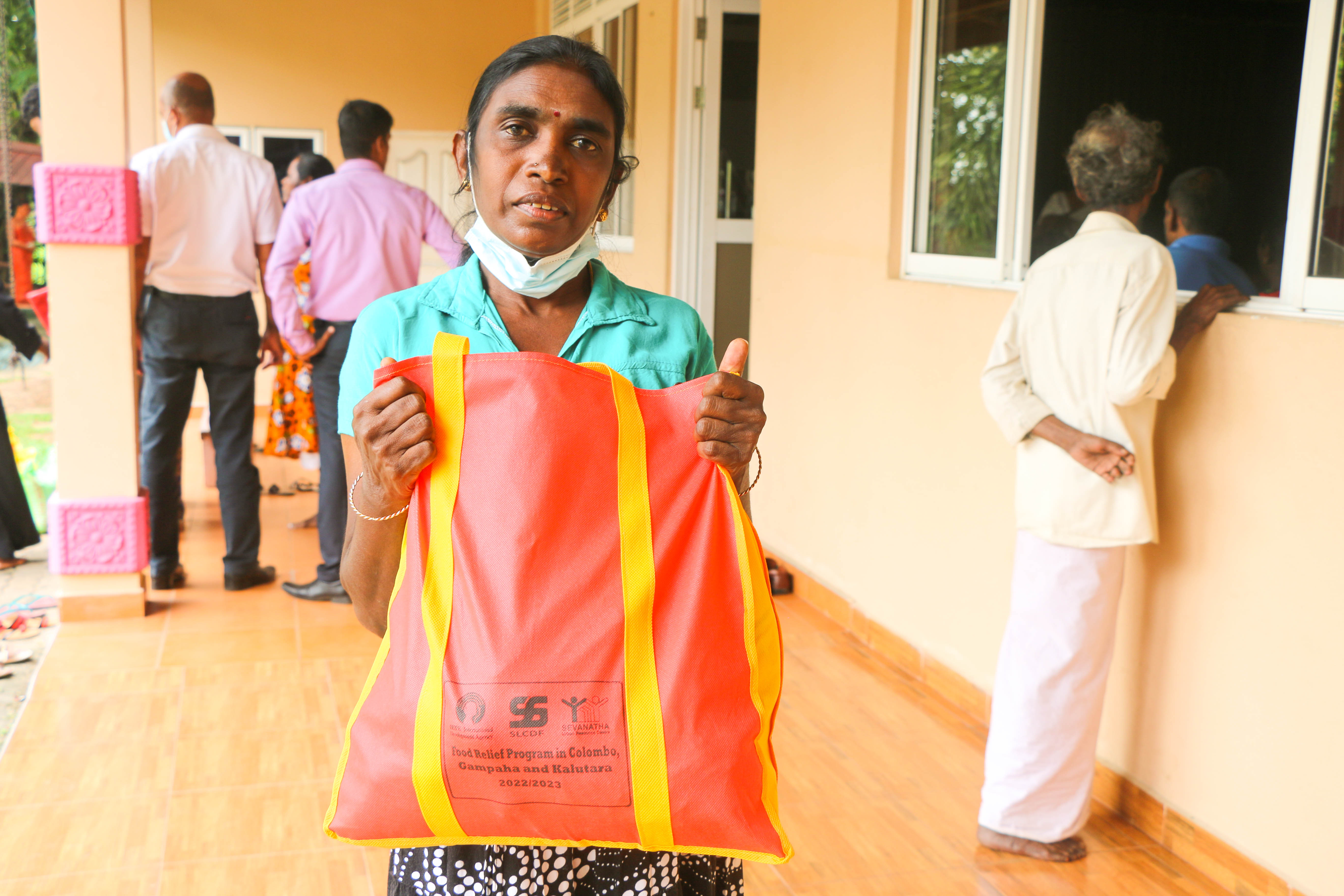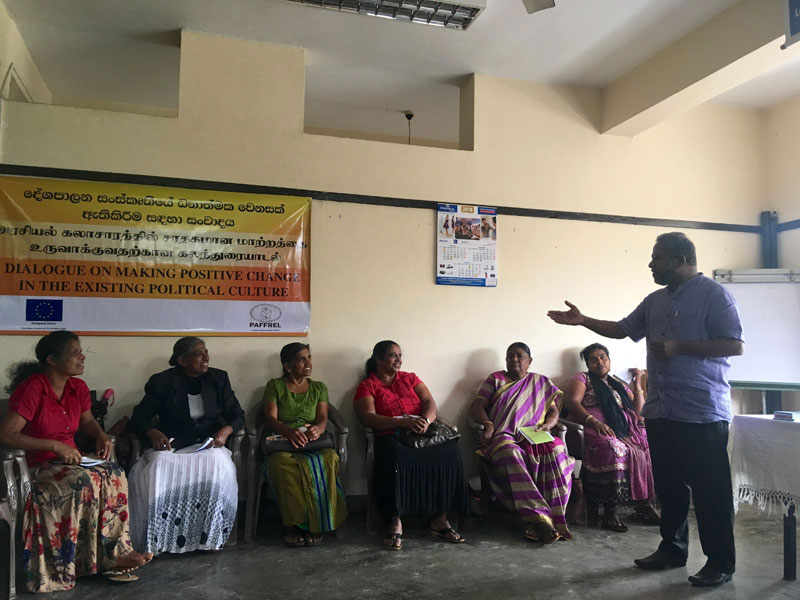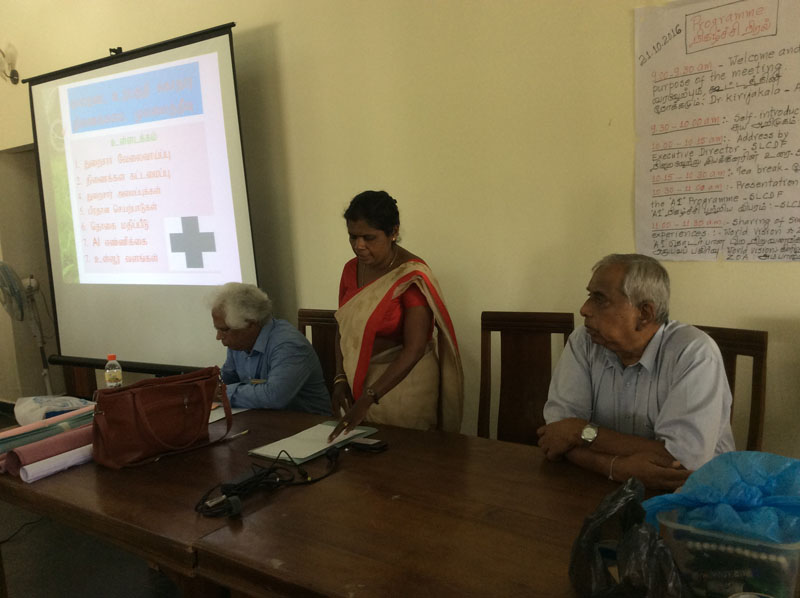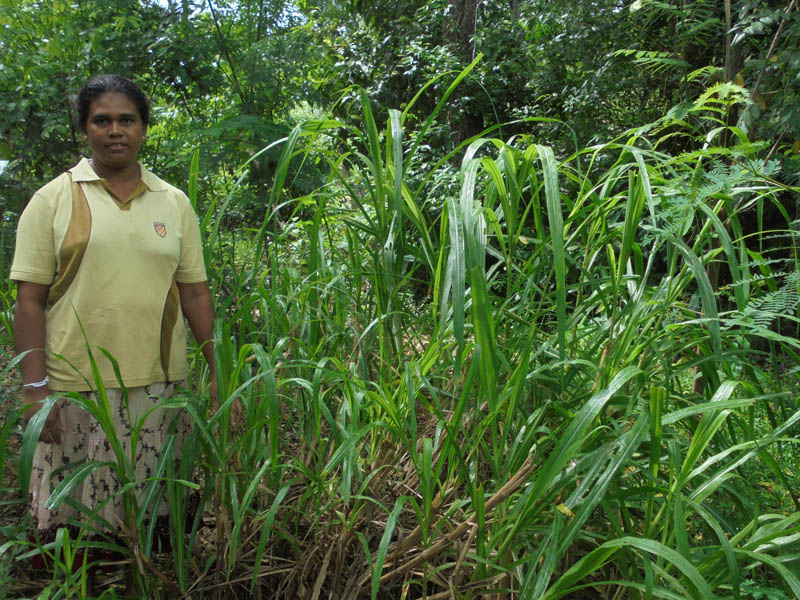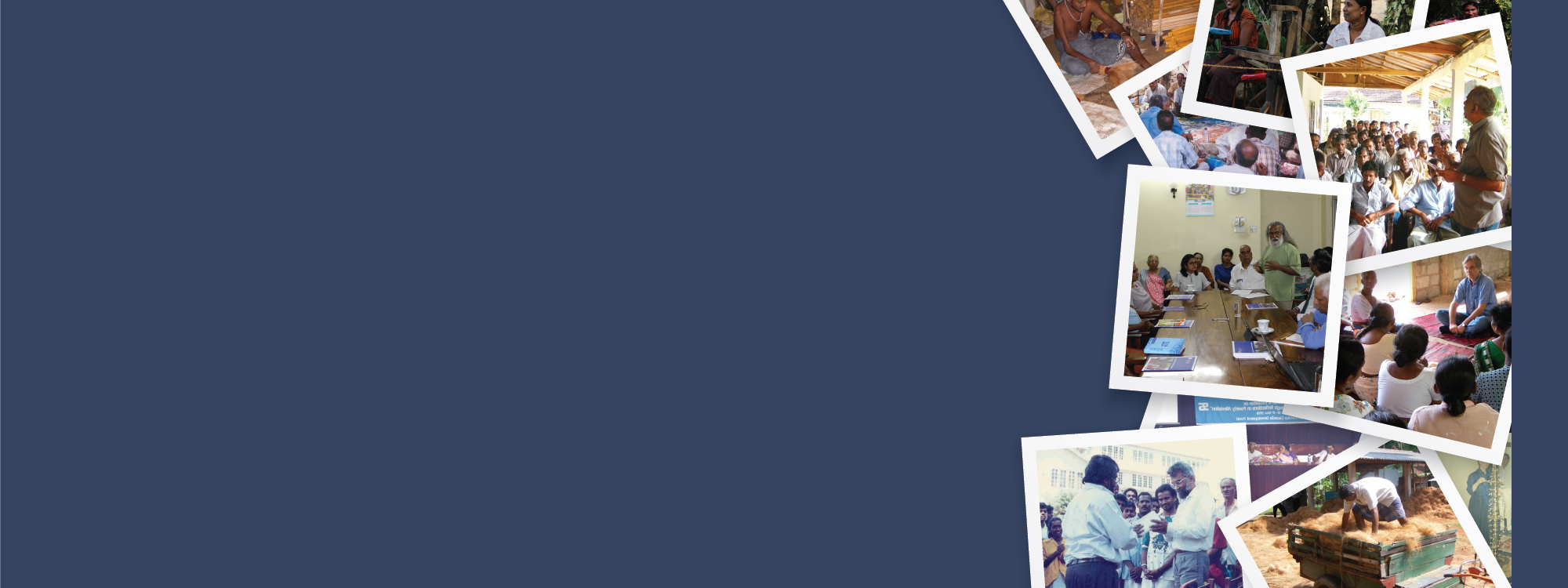
Programmes
HOPE Food Relief
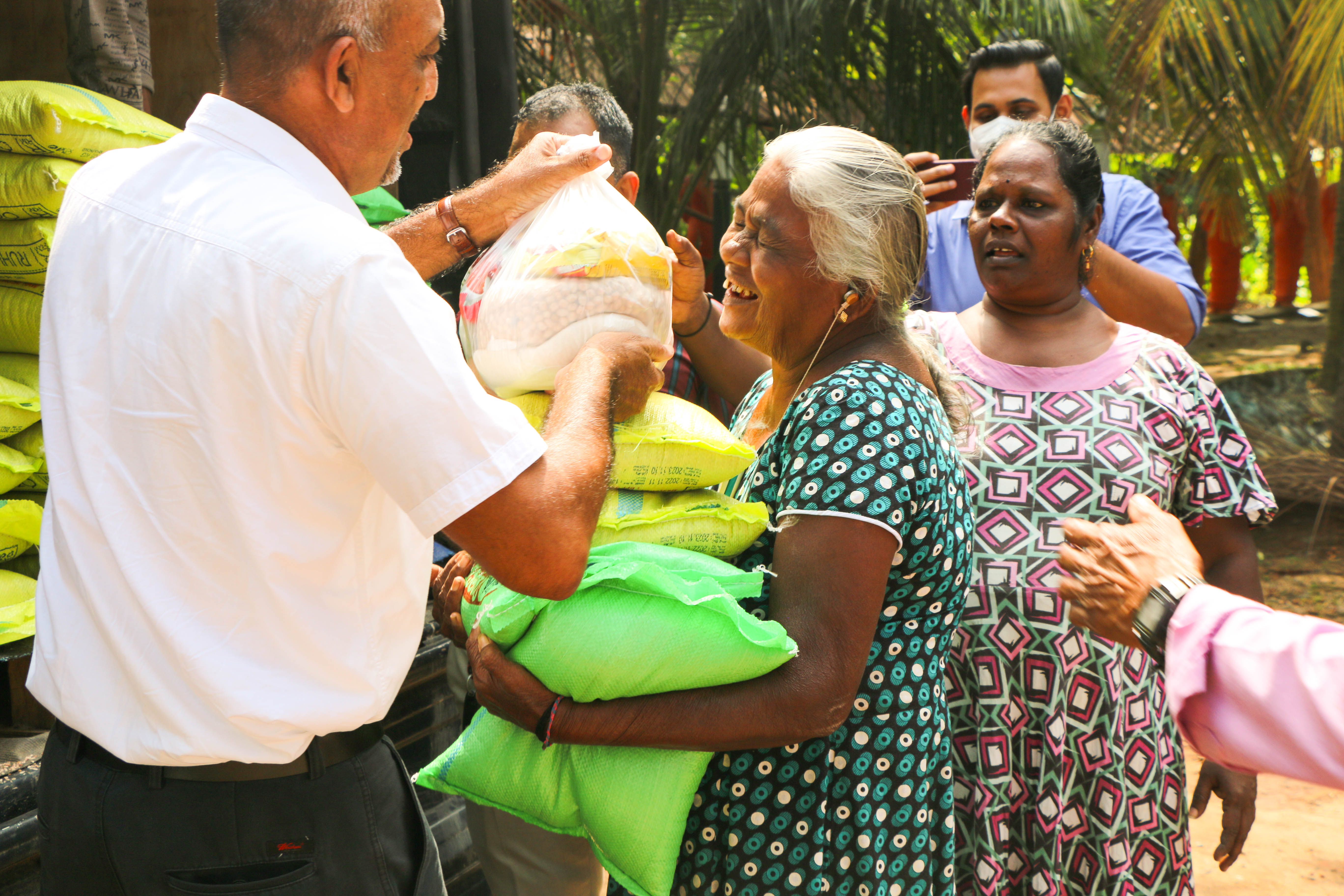
Sri Lanka is currently going through an economic crisis. The Sri Lanka Centre for Development Facilitation (SLCDF) partnered with HOPE International Development Agency (HIDA, Canada) to extend financial assistance through 8 partner NGOs to most vulnerable and deprived communities in the urban areas of Colombo, Gampaha and Kalutara districts. In Colombo, selected beneficiaries were solely those who depend on daily wage labour from the slum area. In Gampaha, beneficiaries were selected from the coastal town of Negombo and in Kalutara fisheries communities from Wadduwa were selected. Their livelihoods had come to a halt due to the high price of fuel and fuel shortage thus preventing them from fishing in the deep seas. We obtained the potential Household list from the Grama Niladhari (GNs) of the communities in the selected divisions. Community Facilitators of the partner NGOs surveyed the families by visiting houses personally. The priority was given to the Poorest of the Poor, Families of Women-headed households, those with no permanent income, persons with disabilities, lactating and pregnant mothers, families of more than 3 kids and to families with prolonged diseases. Finally, we submitted the validated lists to Divisional Secretaries through the GNs officers and received their approval. The project was commenced in September 2022 for a duration of 6 months. This project aims to provide essential food items in the form of dry rations as well as support for the establishment of home gardens for families to address their own daily consumption needs. Two rounds of Dry ration parcels comprising 20 kg of rice, 1kg of green gram or cowpea, 400g of tea, 1kg of Samaposa (a pre-cooked cereal-based nutritious supplement food which consists of corn, soya, green gram and rice), 1kg of potatoes, and 500g of chilli were distributed to all 350 beneficiary families. The quotations were called for by the local NGOs and purchased through a procurement process. Dry rations were purchased from wholesale vendors and Government cooperatives. Many volunteers worked together to prepare these dry rations parcels. They physically checked and confirmed the quality of the dry rations before distribution. Environmental-friendly cloth bags were used for each beneficiary to pack the dry rations (the cloth bags were stitched by the volunteers of the local NGOs). The dry rations distributions were carried out in the respective Divisional Secretariat offices/ District Secretariat offices with the participation of the Divisional Secretary, other relevant government officials, and NGO secretariat district-level officers. The rations provided were sufficient for a 4-month period for the participants. The programme provided home garden training to 195 families and resources such as compost, seeds, saplings, flowerpots, pesticides and garden tools. These families have established their own home gardens with the sufficient technical knowledge they received through the training. Now in the monitoring stage of the project, the partner NGOs continue regular monitoring of the home garden activities of the participant families. During the monitoring and follow-up activities of the project, we found that several families have upgraded their home gardens and earning an income too by selling their excess harvest.

